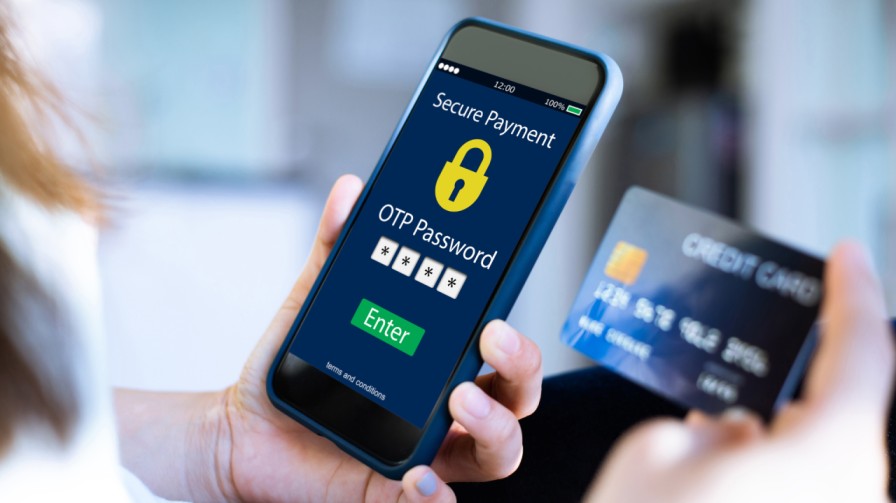.jpg)
In today's intricate business landscape, where security breaches and data mishandling can lead to reputational damage and financial loss, obtaining SOC reports offers a multitude of advantages for organizations seeking to establish trust, compliance, and credibility. Let's delve into the tangible benefits of obtaining SOC reports:
Enhanced Transparency and Trust: SOC reports serve as a window into an organization's internal controls and operational practices. By undergoing a rigorous assessment and obtaining a SOC report, businesses demonstrate their commitment to data security, privacy, and reliability. Clients, partners, and stakeholders can trust that the organization is proactive in mitigating risks and upholding high standards of operational excellence.
Meeting Regulatory Requirements and Industry Standards: Many industries are subject to strict regulatory requirements and standards related to data security and privacy. SOC reports provide a structured framework to assess and demonstrate compliance with these mandates. Organizations can use SOC reports as evidence of their efforts to meet regulatory obligations, potentially avoiding penalties and legal issues.
Competitive Advantage in the Market: In an increasingly competitive market, organizations that can showcase their commitment to robust security measures and operational excellence gain a significant edge. SOC reports can be a powerful marketing tool, setting an organization apart by assuring clients that their data is in safe hands.
Strengthened Internal Processes and Controls: The process of preparing for a SOC audit necessitates a comprehensive evaluation of an organization's internal controls. This evaluation often identifies gaps and areas for improvement. As a result, organizations can strengthen their operational procedures, identify potential vulnerabilities, and implement more effective risk management strategies.
Risk Mitigation and Management: SOC reports help organizations identify and address potential risks, both internally and externally. By highlighting areas where controls are lacking or ineffective, SOC reports enable proactive risk mitigation, ensuring that vulnerabilities are addressed before they lead to actual breaches or incidents.
Third-Party Assurance and Due Diligence: Clients and partners often require assurances regarding the security and integrity of their service providers. SOC reports provide independent validation of an organization's controls, facilitating due diligence processes and instilling confidence in potential customers and partners.
Efficient Communication with Stakeholders: SOC reports provide a standardized and comprehensive way to communicate an organization's security posture to various stakeholders. Whether it's investors, customers, or regulatory bodies, SOC reports offer a clear and easily understandable summary of an organization's commitment to security.
Improved Incident Response and Recovery: SOC reports not only focus on preventive measures but also evaluate an organization's capabilities to respond to and recover from incidents. This preparedness ensures that in the event of a security breach or disruption, the organization can minimize the impact and restore normal operations more swiftly.
Demonstrating Cloud Service Reliability: With the increasing reliance on cloud services, clients and partners seek assurance that their data is secure in cloud environments. SOC reports, particularly SOC 2, address the security and availability aspects of cloud services, making them essential for cloud service providers to build trust.
In essence, obtaining SOC reports is a strategic investment that goes beyond compliance checkboxes. These reports empower organizations to build credibility, establish trust, and foster a culture of security consciousness. As businesses navigate the complex landscape of data security and privacy, SOC reports provide a tangible roadmap to ensure that they are not just meeting standards, but exceeding expectations.

 +91 9594449393
+91 9594449393 +1 4847906355
+1 4847906355 +63 9208320598
+63 9208320598 +44 1519470017
+44 1519470017 +84 908370948
+84 908370948 +7 9639173485
+7 9639173485 +62 81808037776
+62 81808037776 +90 5441016383
+90 5441016383 +66 993367171
+66 993367171 +254 725235855
+254 725235855 +256 707194495
+256 707194495 +46 700548490
+46 700548490


.jpg)